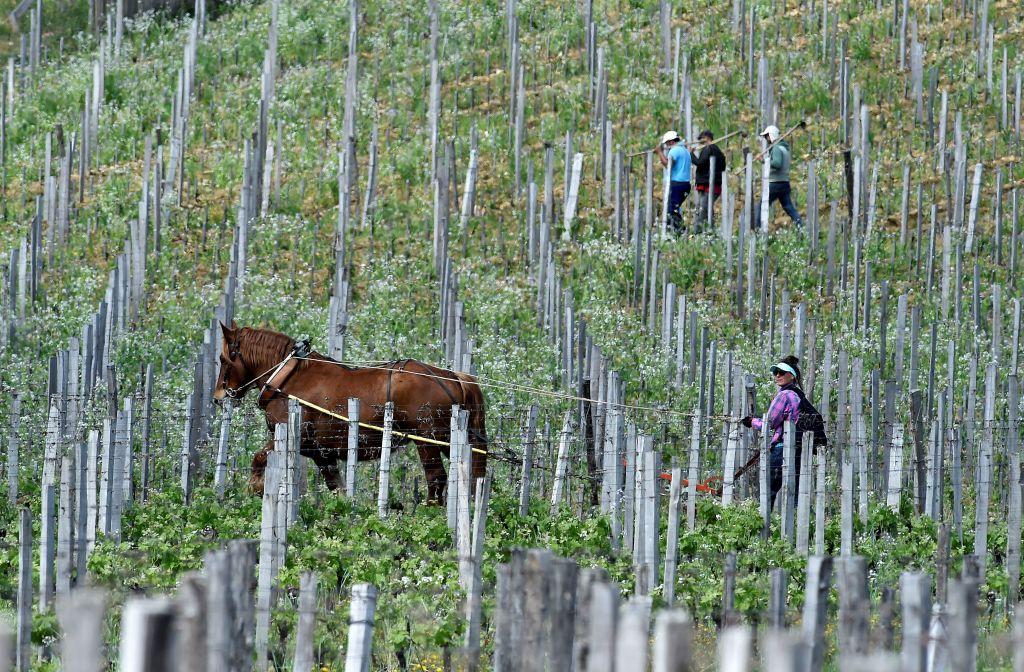China’s love for French-grown wine has gotten it into trouble.
Haichang Group, a petroleum trading company based in Dalian, a port city in northeastern China’s Liaoning Province, owns 24 wine estates in the Bordeaux area, one of France’s premier wine-growing regions, making the group one of the biggest Chinese investors in wineries in the region.





